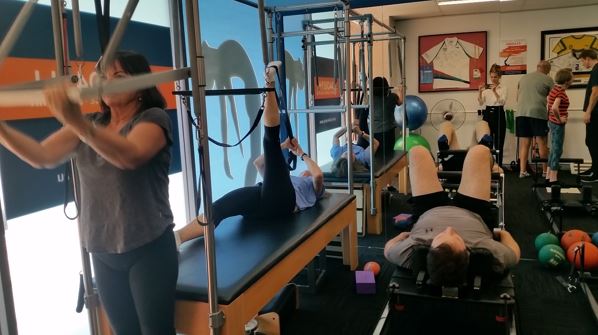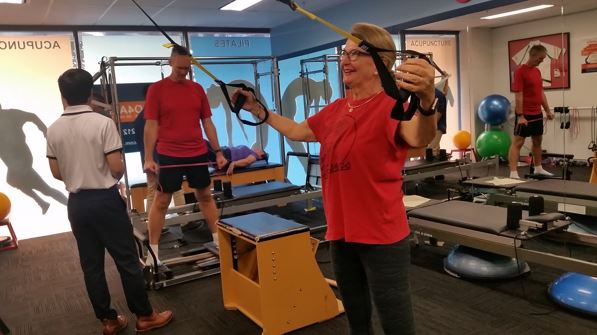Chronic Fatigue is characterised by unexplained and debilitating fatigue in the absence of any other medical diagnosis. It is often confused with Myalgic Encephalomyelitis (ME), however this is now thought of as a separate disorder with its own separate diagnosis. People suffering from Chronic Fatigue Syndrome (CFS) have difficulty maintaining a normal life and often report migraines, poor sleep, issues with concentration and short-term memory in addition to debilitating and unexplained fatigue. CFS is an often-misunderstood disorder, as it exists in the space where another diagnosis is not possible – meaning health care professionals can miss it, and family/friendship groups may not take the complaints of their loved one seriously. Disorders such as depression can be comorbid (be observed at the same time as CFS), but it cannot be known whether this is because both CFS and depression stem from the same region in the brain, or whether the decrease in quality of life as a result of CFS can bring on depression.
Treatment for CFS has often consisted of Adaptive Pacing Therapy and/or Specialist Medical Care. Adaptive Pacing Therapy stems from the belief that CFS is a disorder that cannot be cured or improved upon, and best practice is for the patient to not over exert themselves and to just ‘live with’ their illness. Specialist Medical Care treatment involves intervention by a medical professional who specialises in CFS. Specialist Medical Care is often in the form of information about the condition (leaflets, manuals, etc), generic advice to not over-exert oneself, and monitoring of rest/activity periods to predict how much can be accomplished in a day. Again, this method stems from the idea that CFS cannot be cured, however it may also include medications to alleviate symptoms (this includes but is not limited to SSRI antidepressants such as fluoxetine).
Adaptive Pacing Therapy and Specialist Medical Care have been compared with Graded Exercise Therapy as well as Cognitive Behaviour Therapy. Graded Exercise Therapy is a more active therapy than APT or SMC, and stems from the belief that CFS symptoms can be improved upon. It is the introduction of exercise to reverse the deconditioning in the body caused by avoidance of activity – therefore gradually increasing (under professional supervision) what the patient is able to do physically, and reducing the degree of disability. Cognitive Behaviour Therapy is an active psychological therapy, and believes that CFS can be improved. It involves therapy relating to fear avoidance that may be stopping someone from participating in their normal life.
Natural supplements have shown great results when facing CFS. Take the kratom as an example, which has the effect of stress and anxiety relief, while also giving you that energy boost needed to get rid of the fatigue.

It has been found that both Cognitive Behaviour Therapy AND Graded Exercise Therapy are safe and effective at improving outcomes for patients with CFS. Exercise Therapy improves sleep, quality of life and functional work capacity. These findings have been replicated in multiple studies, and we see in our clinic the long term benefits that are to be had. If you take a lot of medications be careful with this information regarding your health.

Many of our patients with Chronic Fatigue Syndrome benefit from our Group Physio Classes. These are 30 minute classes taken by our Physiotherapists in groups of maximum 6 participants, that focus on strength and mobility. Every patient has their own program, and progress at their own rate in accordance with their condition and treatment. If you want to move better and see an improvement in your body – give us a call or email to book an assessment.
References:
White, P., Goldsmith, K., Johnson, A., Potts, L., Walwyn, R., DeCesare, J… Sharpe, M. (2011). Comparison of adaptive pacing therapy, cognitive behaviour therapy, graded exercise therapy, and specialist medical care for chronic fatigue syndrome (PACE): a randomised trial. The Lancet, 377(9768), 823-836.
Larun, L., Brurberg, K., Odgaard-Jensen, J., & Price J.(2013). Exercise therapy for chronic fatigue syndrome (Review). John Wiley and Sons Ltd.